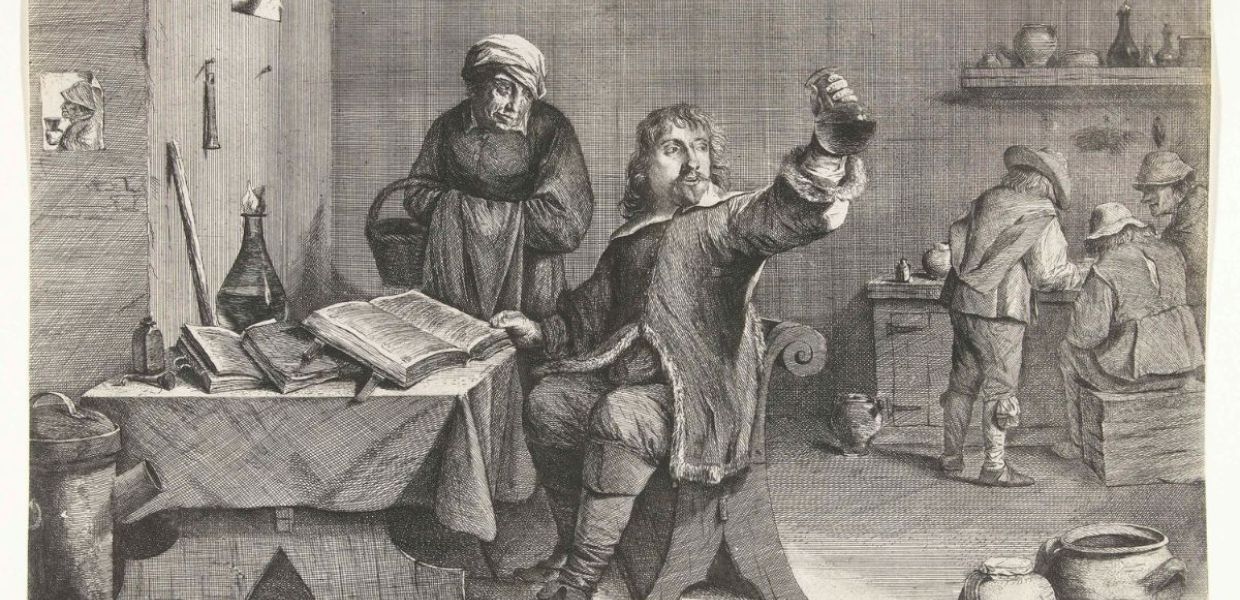Community aspirations
The Europeana Research Community aims to foster the use of digital cultural heritage in academia and research.
The members of the Research Community are encouraged to:
Gain a better understanding of methods and needs for research and university teaching purposes based on digital cultural heritage, computational methods and digital tools;
Explore new ways to foster and support digital literacy and work in a collaborative way at the international level, including the use of different languages;
Strengthen the connections between cultural heritage professionals, academics researchers, and university students;
Share knowledge, case studies and good practices, especially with reference to the reuse of digital cultural heritage in academia and in cross-sectoral initiatives that combine dissemination with outreach to the general public;
Nurture theory as well as practices;
Jointly work on topics of common interest;
Explore possible collaborations and partnerships for new (funded) initiatives.
Governance
SG composition (including any potential changes)
Steven Claeyssens, KB, the National Library of the Netherlands (The Hague) (Chair)
Rebecca Kahn, University of Vienna (Co-Chair)
Flavia Bruni, University of Chieti-Pescara
Ines Vodopivec, National and University Library of Slovenia (Councillor)
Alba Irollo, Research Coordinator , Europeana Foundation (The Hague) (Community Manager)
Intention to meet
The SG has a monthly online meeting.
Recruitment
The SG will recruit new members in 2025.
Activity plan
Outreach and communications
Discussion list: All members of the Research Community are invited to join the Research Community Discussion List.
Research Community Newsflash: A short newsflash announcing the Cafés and giving an update on other activities from the community.
X (formerly Twitter): The Europeana Research account on Twitter (@EurResearch) is the main channel used by the Europeana Foundation to keep the community members informed on a daily basis.
LinkedIn: Important updates will be shared through the Europeana LinkedIn group
Europeana Research Community Pro Page: The Research Community Pro Page provides the community with practical information, useful resources and (upcoming) activities.
ENA Newsletter: The most relevant achievements and plans of the Research Community can be shared through the ENA Newsletter.
Peer to peer knowledge-sharing activities
Organising a regular online Europeana Research Café, an informal space for sharing best practices and discussing new insights;
Presenting the work of the community on Collections as Data, Datasheets for Digital Cultural Heritage and the common European data space for cultural heritage at relevant workshops and conferences.
Organising online hands-on workshops and events, such as webinars, roundtable discussions, and symposia.
Task force(s) or working groups
The Datasheets for Digital Cultural Heritage joint Working Group with EuropeanaTech will continue their work on Datasheets for Digital Cultural Heritage, in 2025 with a focus on transforming the datasheet concept to a machine readable form and creating an online tool for the establishment of datasheets.
Other activities
Please indicate other activities as relevant.
Budget
6.1 Budget request
5.000,
6.2 Budget breakdown
Activity | Purpose | Cost |
Active participation at conferences and organisation of workshops | To promote the activities of the community at relevant conferences and workshops & build practical capacity within the community | EUR 1430 |
Discussion list | To facilitate more engagement and exchanges from the community members | EUR 70 |
Production of Practical Guide | Designing and producing the Practical Guide | EUR 300 |
Datasheets Workshop in The Hague | Working on the transformation to a machine readable form | EUR 3200 |
Total | EUR 5000 |

